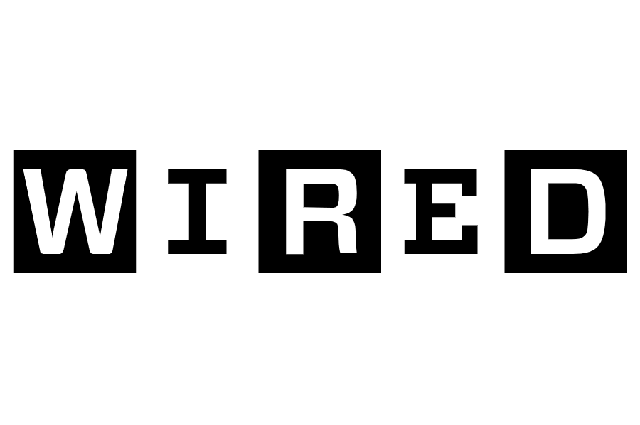-

Hear from Professor Monica Toft
Learn how Professor Monica Toft is shaping the study of global affairs and diplomacy at Fletcher.
Hear from Prof. Toft -

Explore Fletcher academics in action
Fletcher Features offers insights, innovation, stories and expertise by scholars.
Get global insights -
Get application tips right from the source
Learn tips, tricks, and behind-the-scenes insights on applying to Fletcher from our admissions counselors.
Hear from Admissions -

Research that the world is talking about
Stay up to date on the latest research, innovation, and thought leadership from our newsroom.
Stay informed -
Meet Fletcherites and their stories
Get to know our vibrant community through news stories highlighting faculty, students, and alumni.
Meet Fletcherites -

Forge your future after Fletcher
Watch to see how Fletcher prepares global thinkers for success across industries.
See the impact -

Global insights and expertise, on demand.
Need a global affairs expert for a timely and insightful take? Fletcher faculty are available for media inquiries.
Get in Touch
Biden’s ‘Antitrust Revolution’ Overlooks AI—at Americans’ Peril
Bhaskar Chakavorti writes this opinion piece in WIRED about why the Biden administration needs to address the artificial intelligence revolution.

Despite the executive orders and congressional hearings of the “Biden antitrust revolution,” the most profound anti-competitive shift is happening under policymakers’ noses: the cornering of artificial intelligence and automation by a handful of tech companies. This needs to change.
There is little doubt that the impact of AI will be widely felt. It is shaping product innovations, creating new research, discovery, and development pathways, and reinventing business models. AI is making inroads in the development of autonomous vehicles, which may eventually improve road safety, reduce urban congestion, and help drivers make better use of their time. AI recently predicted the molecular structure of almost every protein in the human body, and it helped develop and roll out a Covid vaccine in record time. The pandemic itself may have accelerated AI’s incursion—in emergency rooms for triage; in airports, where robots spray disinfecting chemicals; in increasingly automated warehouses and meatpacking plants; and in our remote workdays, with the growing presence of chatbots, speech recognition, and email systems that get better at completing our sentences.
Exactly how AI will affect the future of human work, wages, or productivity overall remains unclear. Though service and blue-collar wages have lately been on the rise, they’ve stagnated for three decades. According to MIT’s Daron Acemoglu and Boston University’s Pascual Restrepo, 50 to 70 percent of this languishing can be attributed to the loss of mostly routine jobs to automation. White-collar occupations are also at risk as machine learning and smart technologies take on complex functions. According to McKinsey, while only about 10 percent of these jobs could disappear altogether, 60 percent of them may see at least a third of their tasks subsumed by machines and algorithms. Some researchers argue that while AI’s overall productivity impact has been so far disappointing, it will improve; others are less sanguine. Despite these uncertainties, most experts agree that on net, AI will “become more of a challenge to the workforce,” and we should anticipate a flat to slightly negative impact on jobs by 2030.

